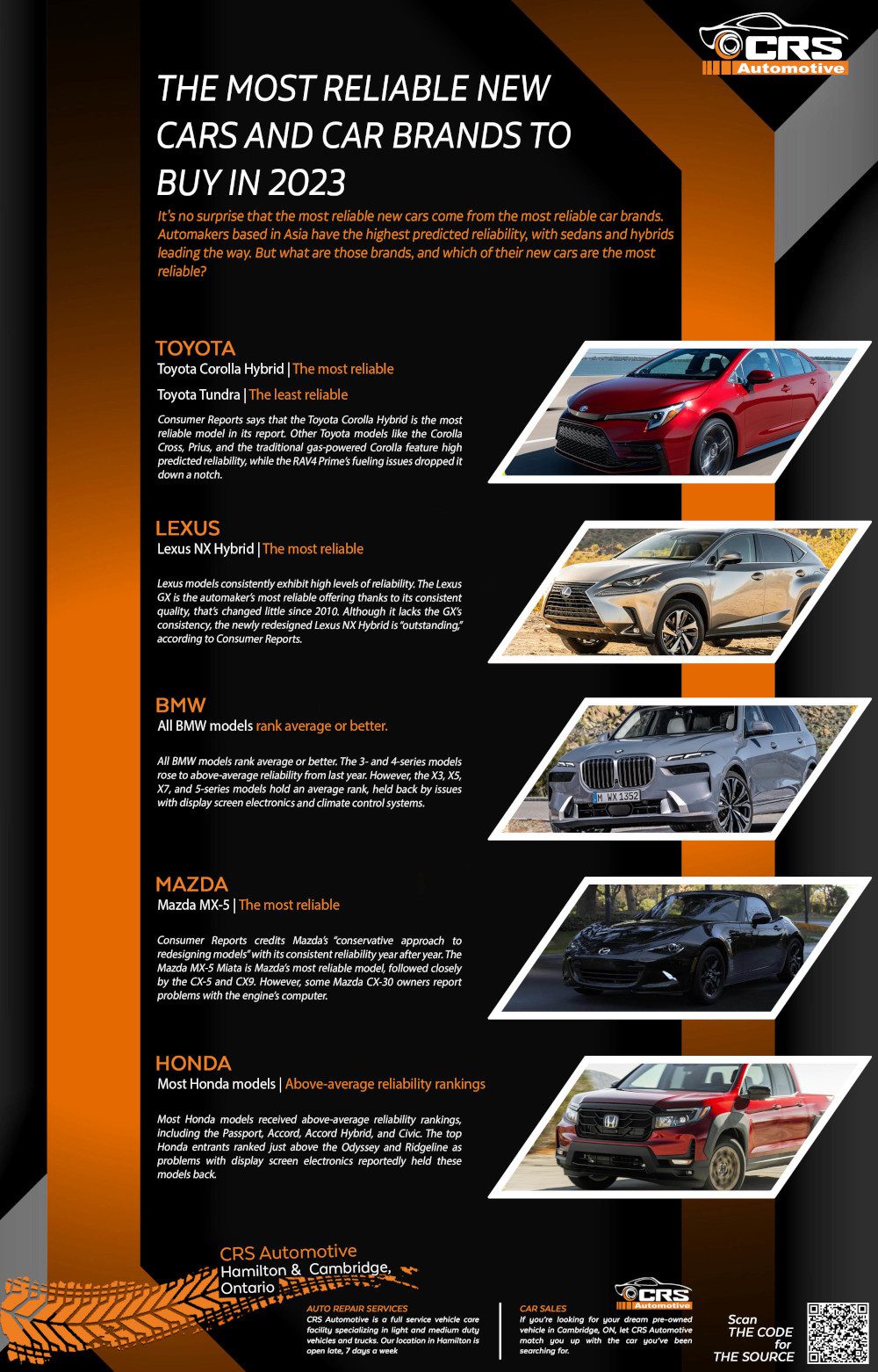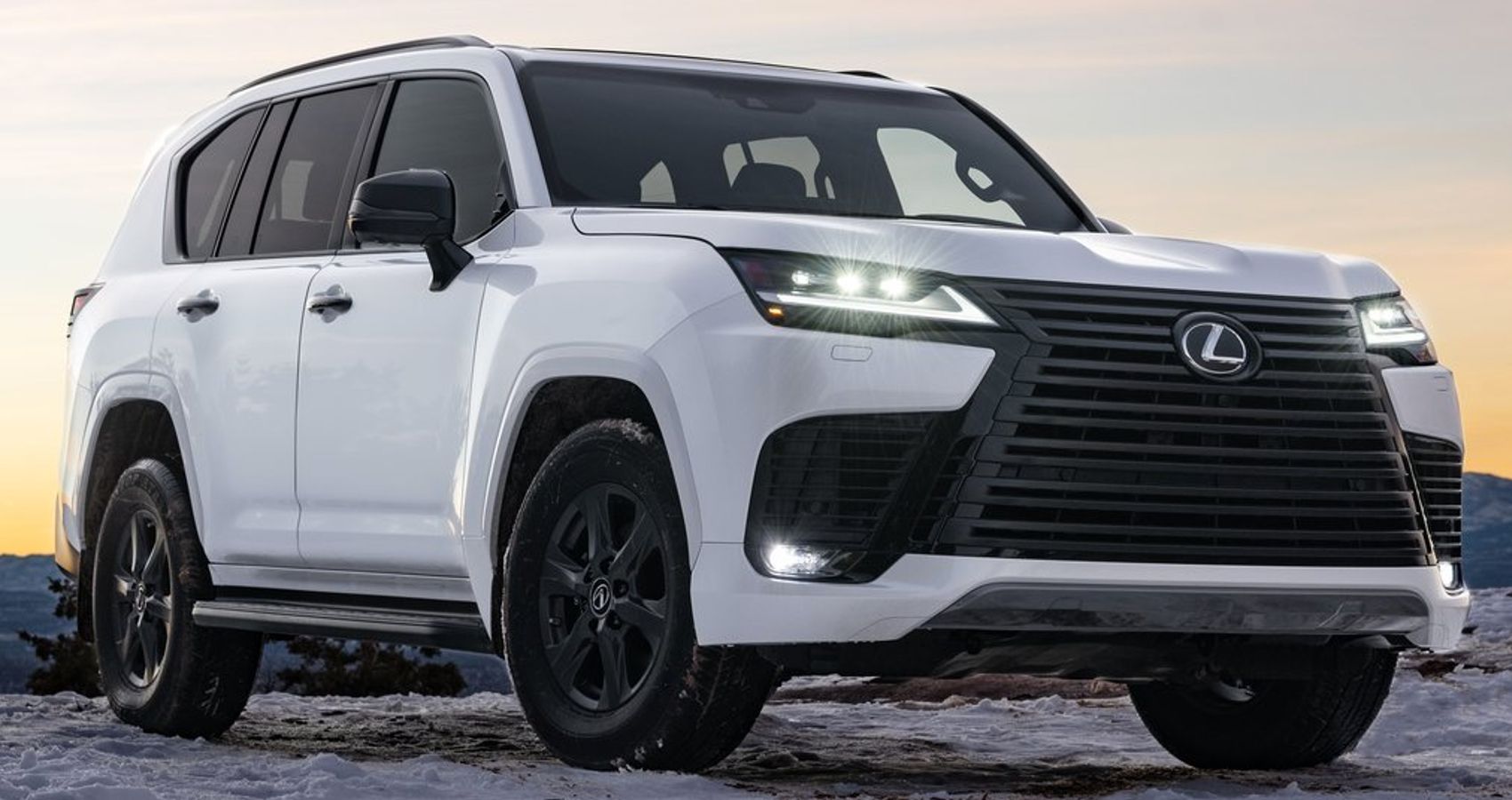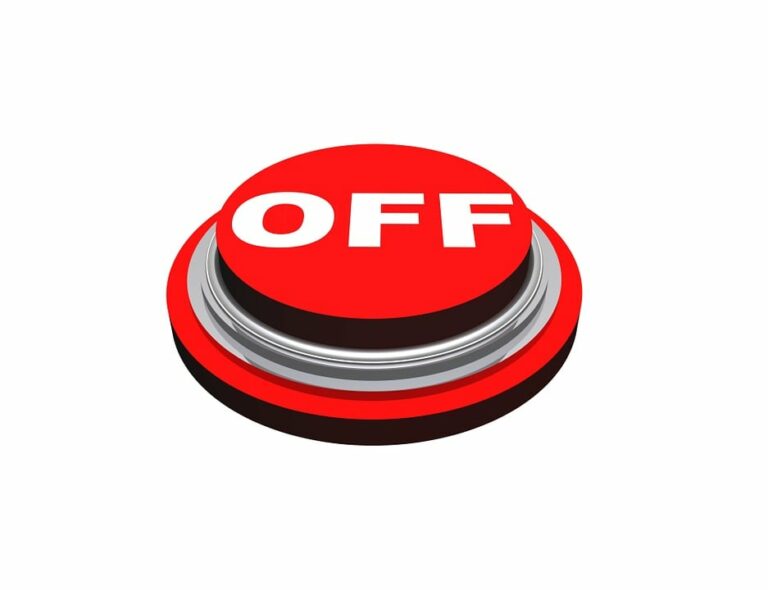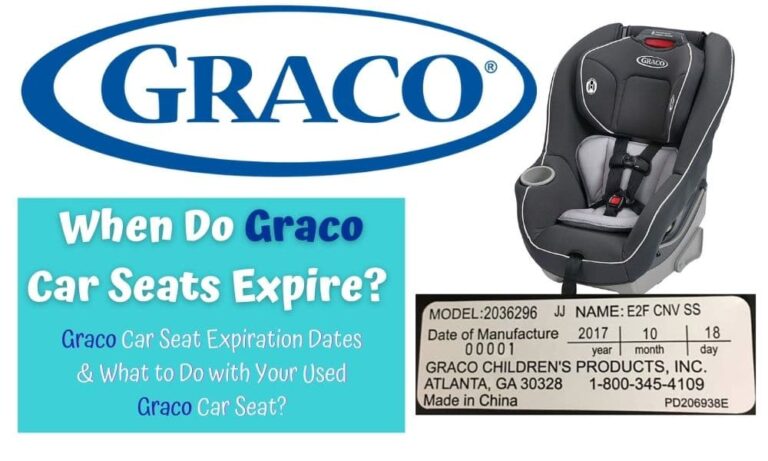2019 Most Reliable Car Brands: Your Definitive Guide to Dependable Driving
2019 Most Reliable Car Brands: Your Definitive Guide to Dependable Driving cars.truckstrend.com
In the automotive world, few attributes are as highly prized as reliability. For anyone considering the purchase of a pre-owned vehicle, especially one from a specific model year like 2019, understanding which brands consistently delivered dependability is paramount. Car reliability isn’t just about avoiding breakdowns; it encompasses the longevity of components, the consistency of performance, and the overall peace of mind that comes from owning a vehicle that starts every time and performs as expected.
The year 2019 was a significant one for automotive technology, with many manufacturers introducing advanced safety features, infotainment systems, and powertrain innovations. Amidst this evolution, certain brands continued to uphold their reputation for building vehicles that simply last, require fewer unexpected repairs, and retain their value remarkably well. This comprehensive guide will delve into what makes a car reliable, why it matters, and which brands stood out in 2019 as the titans of dependability, offering practical advice for anyone looking to make a smart purchase today.
2019 Most Reliable Car Brands: Your Definitive Guide to Dependable Driving
Understanding Car Reliability: What Does It Mean?
At its core, car reliability refers to the likelihood that a vehicle will perform its intended functions without failure over a given period. It’s a metric that goes beyond initial quality (how few problems a car has when new) and delves into long-term durability and the frequency of repairs as the vehicle ages.
Several key factors and methodologies contribute to the assessment of a brand’s reliability:
- Owner Surveys: Major organizations like Consumer Reports and J.D. Power heavily rely on extensive surveys of vehicle owners. They collect data on the number and severity of problems experienced by owners within a specific timeframe (e.g., the last 12 months for J.D. Power’s Vehicle Dependability Study, or VDS). Problems per 100 vehicles (PP100) is a common metric, where a lower number indicates higher reliability.
- Component Longevity: This refers to how long critical parts like the engine, transmission, suspension, and electrical systems are expected to last without significant issues or premature wear.
- Repair Frequency and Cost: Reliable cars typically have fewer instances of unexpected repairs, and when repairs are needed, they are often less complex and costly. Websites like RepairPal also contribute by aggregating repair data.
- Build Quality and Materials: The quality of materials used, the precision of manufacturing processes, and the overall fit and finish contribute to a vehicle’s ability to withstand daily use and environmental stresses.

For 2019 models, these assessments were made during the initial years of ownership, providing a strong indicator of their inherent durability and build quality.
Why Reliability is Your Top Priority for a 2019 Vehicle
Opting for a reliable 2019 model offers a multitude of benefits that extend far beyond simply avoiding a breakdown on the side of the road:
- Financial Savings: This is perhaps the most significant benefit. Reliable vehicles incur lower repair costs over their lifespan. Less time in the shop means more money in your pocket, not to mention savings on rental cars or alternative transportation. Furthermore, many reliable models also boast excellent fuel economy due to well-engineered and efficient powertrains.
- Safety & Peace of Mind: A dependable car is a safe car. Unexpected mechanical failures can put you and your passengers in precarious situations. Knowing your vehicle is unlikely to leave you stranded, especially in adverse conditions, provides immense peace of mind.
- Retained Value: Reliable cars are highly sought after in the used car market. Brands and models with strong reliability reputations tend to depreciate slower and command higher resale values, making your initial investment a smarter long-term decision.
- Reduced Stress: Car trouble is a major source of stress for many owners. A reliable vehicle minimizes this worry, allowing you to focus on the journey rather than potential issues.
- Environmental Impact: Keeping a reliable car on the road longer reduces the need for frequent manufacturing of new vehicles, thereby lessening the overall environmental footprint.


When purchasing a pre-owned 2019 model, selecting a reliable brand mitigates many of the risks associated with buying a used vehicle, offering a more predictable and satisfying ownership experience.
The Reigning Champions: Top Most Reliable Car Brands of 2019
Based on comprehensive data from leading automotive consumer reports and dependability studies for the 2019 model year, several brands consistently stood out for their exceptional reliability. These manufacturers have invested heavily in engineering, quality control, and customer satisfaction, earning them top spots year after year.
- Lexus: Consistently at or near the top of almost every reliability chart, Lexus, Toyota’s luxury division, sets the benchmark for dependability. Their 2019 lineup, including models like the ES and RX, demonstrated exceptional build quality, meticulous attention to detail, and the use of proven, robust powertrains and electronics. Owners reported very few problems, solidifying Lexus’s reputation for luxury that truly lasts.
- Toyota: The parent company of Lexus, Toyota itself is synonymous with reliability. Their 2019 vehicles, such as the Camry, RAV4, and Corolla, continued to showcase robust engineering, durable components, and accessible, affordable maintenance. Toyota’s philosophy of continuous improvement and rigorous testing ensures that their vehicles are built to endure, making them a perennial favorite for budget-conscious and long-term owners alike.
- Mazda: In recent years, Mazda has significantly climbed the reliability rankings, establishing itself as a serious contender. For 2019, models like the Mazda3 and CX-5 were lauded for their solid construction, engaging driving dynamics, and impressively low problem rates. Mazda’s focus on refined engineering and a commitment to quality has paid off, offering a blend of reliability and driving enjoyment.
- Subaru: Known for their standard all-wheel-drive systems and unique boxer engines, Subaru has cultivated a loyal following. Their 2019 lineup, including the Forester and Outback, demonstrated strong reliability, particularly concerning their powertrains and overall structural integrity. While historically good, Subaru continued to refine its processes, leading to strong dependability scores.
- Kia & Hyundai: These South Korean sister brands have made remarkable strides in reliability over the past decade. By 2019, models like the Kia Forte, Sportage, Hyundai Elantra, and Santa Fe were receiving high marks for their quality, feature-packed interiors, and impressive durability. Their commitment to long warranties (often 5-year/60,000-mile basic and 10-year/100,000-mile powertrain) reflects their confidence in their products’ longevity.
While other brands like Honda, Acura, and Porsche also performed commendably in various reliability studies for 2019, the aforementioned five consistently ranked among the elite, making them prime targets for reliability-focused buyers.
Behind the Durability: How Reliable Brands Build Trust
The exceptional reliability of these top brands is no accident. It’s the result of deeply ingrained philosophies and meticulous processes:
- Rigorous Testing: Before a vehicle ever reaches a dealership, it undergoes years of intense testing. This includes extreme weather testing, durability runs over punishing terrains, crash testing, and countless hours on dynamometers to simulate real-world conditions.
- Quality Control & Manufacturing Excellence: Top reliable brands implement stringent quality control measures at every stage of manufacturing. This includes meticulous checks of components from suppliers, automated inspections during assembly, and human oversight to catch even the smallest defects. Many adopt a "zero-defect" philosophy.
- Engineering Excellence & Proven Components: Rather than constantly introducing untested, cutting-edge technologies, reliable brands often refine and improve upon proven platforms and powertrains. This iterative approach minimizes unforeseen issues. When new technologies are introduced, they are often thoroughly vetted and integrated carefully.
- Material Selection: The choice of materials for everything from interior plastics to body panels and undercarriage components plays a crucial role. Reliable brands opt for durable, corrosion-resistant materials that can withstand years of use and exposure to the elements.
- Feedback Loops: These manufacturers actively solicit and analyze feedback from warranty claims, dealership service departments, and owner surveys. This data is then fed back into the design and manufacturing processes for continuous improvement.
Practical Advice for Consumers: Buying a Reliable 2019 Model Today
If you’re in the market for a used 2019 vehicle and reliability is a priority, here’s how to apply this knowledge:
- Start with the Top Brands: Begin your search by looking at models from Lexus, Toyota, Mazda, Subaru, Kia, and Hyundai. This significantly increases your chances of finding a dependable vehicle.
- Research Specific Models: While a brand may be reliable, individual models within that brand can have varying scores. Use resources like Consumer Reports’ used car reliability ratings or J.D. Power’s VDS for 2019 to pinpoint the best-performing models.
- Get a Vehicle History Report: Always obtain a CarFax or AutoCheck report. This will reveal critical information such as accident history, service records, ownership changes, and any reported odometer discrepancies.
- Schedule a Pre-Purchase Inspection (PPI): Even if the car looks great, have an independent, trusted mechanic perform a thorough inspection. They can identify hidden issues, assess wear and tear, and provide an expert opinion on the vehicle’s overall condition and potential future repairs.
- Review Maintenance Records: A car is only as reliable as its maintenance. Ask the seller for complete service records. Regular oil changes, fluid flushes, and timely part replacements are crucial for longevity.
- Consider Certified Pre-Owned (CPO): Many of these reliable brands offer CPO programs for their used vehicles. CPO cars undergo rigorous inspections, are often reconditioned to factory standards, and come with extended warranty coverage, offering an extra layer of peace of mind.
Representative 2019 Models from Top Reliable Brands
While specific prices will vary wildly based on condition, mileage, trim level, and location, this table provides a snapshot of popular 2019 models from the most reliable brands, along with their approximate original MSRP when new.
| Brand | Representative Model (2019) | Original 2019 MSRP (Approx.) | Key Reliability Factor |
|---|---|---|---|
| Lexus | ES 350 | $39,750 | Exceptional build quality, proven V6 powertrain. |
| Toyota | Camry LE | $24,000 | Renowned durability, low cost of ownership. |
| Mazda | CX-5 Sport | $24,350 | Improved quality, refined engineering, solid build. |
| Subaru | Forester 2.5i | $24,295 | Durable AWD system, robust Boxer engine. |
| Kia | Forte LX | $17,790 | Significant quality improvements, strong powertrain. |
| Hyundai | Elantra SE | $18,700 | Good value, continually improving reliability scores. |
Note on Current Used Prices: The prices listed above are the approximate starting Manufacturer’s Suggested Retail Price (MSRP) for the base model when new in 2019. Current used market values for 2019 models are highly variable and depend heavily on the vehicle’s condition, mileage, specific trim level, optional features, and geographic location. Always research current market values using reputable online tools (e.g., Kelley Blue Book, Edmunds) and consider a professional appraisal.
Challenges and Considerations When Assessing Reliability
While focusing on reliable brands is a smart strategy, it’s important to be aware of certain nuances:
- Individual Vehicle Variation: Even within the most reliable brand, a single "lemon" can exist. Manufacturing tolerances, component variations, and even shipping damage can lead to isolated issues. This underscores the importance of a pre-purchase inspection.
- Owner Maintenance Habits: A car’s reliability is heavily dependent on how well it’s been maintained by previous owners. Neglecting scheduled services, using incorrect fluids, or ignoring warning lights can quickly undermine even the most robust vehicle.
- Introduction of New Technologies: Sometimes, brand-new technologies, while promising, can have initial "bugs" or unforeseen issues. While the 2019 model year had relatively mature tech, subsequent years might see more teething problems with cutting-edge features.
- Specific Model Issues: While a brand may have a stellar overall reliability record, an isolated model or a particular engine/transmission combination within their lineup might have a known flaw. Always research the specific model you are considering.
Frequently Asked Questions (FAQ) about 2019 Car Reliability
Q: Is reliability the same as luxury or performance?
A: Not necessarily. While luxury brands like Lexus often top reliability charts, many mainstream brands like Toyota and Mazda also excel. Performance cars, with their complex, high-stressed components, can sometimes be less reliable than their standard counterparts, though exceptions exist (e.g., Porsche often scores well for dependability).
Q: How do reliability ratings change over time?
A: Reliability ratings are dynamic. Brands can improve or decline year-to-year based on new designs, manufacturing changes, or the introduction of new technologies. It’s crucial to look at ratings specific to the model year you’re interested in, such as 2019.
Q: Should I only buy from the top-rated brands?
A: While focusing on top-rated brands significantly increases your chances of a reliable purchase, it’s not the only factor. Excellent individual models exist within brands that might not consistently be in the top five. Always research the specific model.
Q: Does a higher price mean higher reliability?
A: Not always. While luxury brands often have high reliability due to extensive R&D and quality materials, many affordable brands (like Toyota, Mazda, Kia, Hyundai) consistently offer excellent reliability at a lower price point. Value for money is key.
Q: How can I check a specific 2019 model’s reliability?
A: Utilize resources like Consumer Reports’ used car reliability section (requires subscription), J.D. Power’s Vehicle Dependability Study (VDS) for 2019, and owner forums for common issues specific to that model and year. A pre-purchase inspection by a trusted mechanic is also invaluable.
Conclusion
For those seeking a dependable used vehicle, the 2019 model year offers a strong array of choices from brands that have consistently prioritized durability and quality. Lexus, Toyota, Mazda, Subaru, Kia, and Hyundai stand out as the standard-bearers of reliability, offering vehicles that promise fewer headaches and greater value retention.
Understanding what constitutes reliability, why it matters, and how to identify it through diligent research and inspection empowers you to make an informed decision. By focusing on these proven brands and following practical advice, you can confidently purchase a 2019 model that will serve you faithfully for years to come, ensuring peace of mind and more money in your pocket. Investing in a reliable car isn’t just about avoiding repairs; it’s about investing in a hassle-free, confident driving experience.






